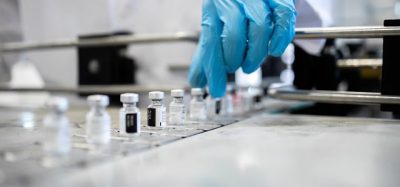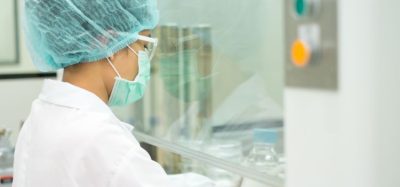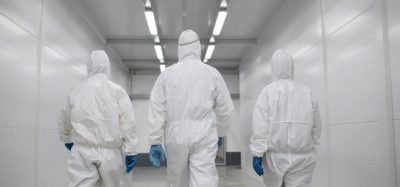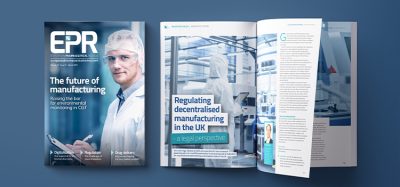Environmental Monitoring In-Depth Focus 2018
Posted: 29 August 2018 | European Pharmaceutical Review | No comments yet
In this issue: the importance of culture media selection, control and realease, how the new draft of Annex 1, Manufacture of Sterile Medicinal Products is impacting environmental monitoring programmes, and software tools that enable confident GC-MS analysis of extractables in pharmaceutical products.
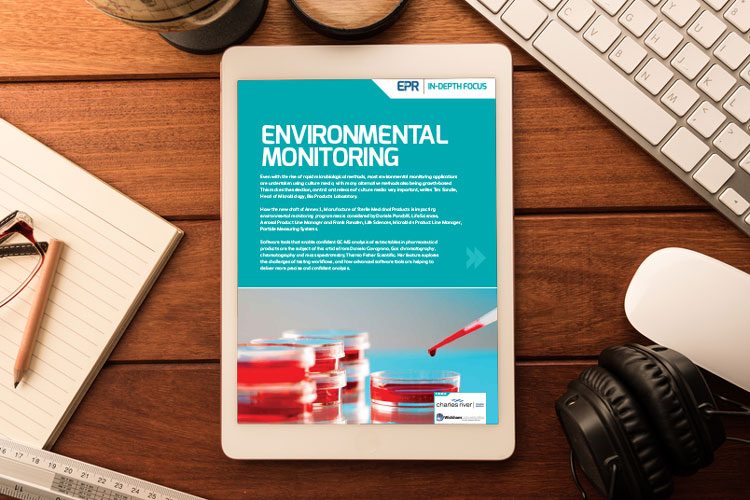

In this issue:
- Avoiding environmental monitoring ‘false negatives’: overcoming disinfectant residues with culture media neutralisers
Even with the rise of rapid microbiological methods, most environmental monitoring applications are undertaken using culture media, with many alternative methods also being growth-based. This makes the selection, control and release of culture media an area of great importance, given that the quality of the culture media underpins the environmental monitoring programme. - How the new draft of Annex 1 Manufacture of Sterile Medicinal Products impacts environmental monitoring programmes
The new draft of Annex 1, Manufacture of Sterile Medicinal Products, was published on 20th December 2017, setting a milestone for adjustments needed within European agencies overseeing drug product regulatory applications. During the revision process, the US FDA and the Pharmaceutical Inspection Convention and Pharmaceutical Co-Operation Inspection Scheme (PIC / S) worked alongside the EU, demonstrating the critical need for standardised regulations reflecting the current state of sterile pharmaceutical manufacturing on a global scale. - Software tools that enable confident GC-MS analysis of extractables in pharmaceutical products
Pharmaceutical products come into contact with a wide range of polymeric materials on their journey from the production line to patients. Plastic and rubber contact surfaces are present at almost every stage of a product’s lifecycle: they’re present in single-use systems, such as filters and tubing employed in manufacturing processes; the packaging components that protect medicines during transport; and the delivery devices, such as syringes, pens and inhalers used to administer treatments to patients.
Issue
Related topics
Related organisations
Bio Products Laboratory, Particle Measuring Systems, Thermo Fisher Scientific
Related people
Daniela Cavagnino, Daniele Pandolfi, Frank Panofen, Tim Sandle



